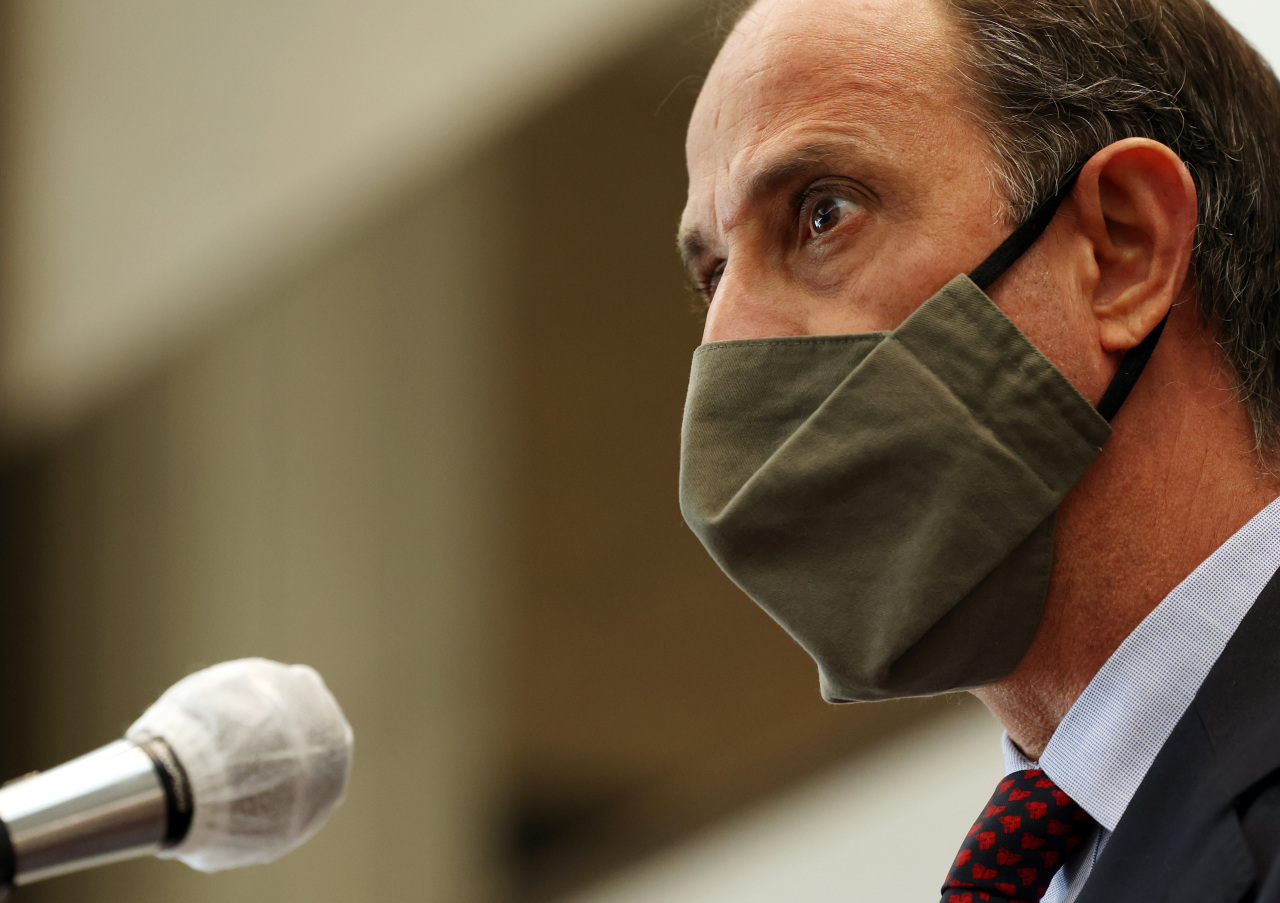The United Nations’ independent investigator on human rights in North Korea urged China and Russia to stop forcibly repatriating North Korean refugees and abide by the requirements of UN conventions forbidding refoulement.
Tomas Ojea Quintana, the UN special rapporteur on the situation of human rights in the Democratic People’s Republic of Korea, expressed his concerns over the perennial but weighty issue in his report which will be presented to the UN Human Rights Council on Mar. 21.
Around 1,500 North Korean individuals “are estimated to be detained in China as ‘illegal migrants’ and are at risk of being repatriated to their country once the border reopens,” Ojea Quintana said in his final report before his term ends this July.
The UN special rapporteur has also received reports that three North Korean people, who seek asylum, are being confined at the North Korean consulate in Vladivostok, Russia.
Ojea Quintana said he made some progress in preventing the forced repatriation of North Korean refugees through his constant efforts including “regular engagement” with China, South Korea, and the UN High Commissioner for Refugees.
But the UN special rapporteur still “remains concerned that the relevant parties have not agreed on a comprehensive solution to ensure protection and to provide safe passage to escapees.”
Ojea Quintana specifically called for China and Russia to apply the “principle of non-refoulement” under international human rights law to North Korean refugees, who are “at risk of serious human rights violations upon repatriation.”
The principle of non-refoulement guarantees that no one should be returned to a country where they would face retribution including “torture, cruel, inhuman or degrading treatment or punishment and other irreparable harm,” according to the Office of the United Nations High Commissioner for Human Rights (OHCHR). The principle “applies to all migrants at all times, irrespective of migration status.”
The UN special rapporteur underscored that China and Russia are required to comply with the UN Convention against Torture (UNCAT) as well as the 1951 Refugee Convention and its 1967 Protocol, which prohibit refoulement, as States Parties.
Ojea Quintana pointed out “serious human rights violations on repatriation” have continued in North Korea, citing the OHCHR report.
Deteriorating human rights situationIn the report, the UN expert said he has “witnessed a further deterioration of the human rights situation” inside of North Korea “during the six years carrying out his mandate” since 2016.
The COVID-19 pandemic, “regular natural disasters,” and the adverse impact of economic sanctions are the factors that have worsened the human rights abuse, but “these events can also be viewed as a symptom of the failure of the (North Korean) government to instigate meaningful reform.”
Ojea Quintana emphasized that the Kim Jong-un regime’s “political will” is essential to “take action to implement the recommendations from the United Nations human rights system,” including universal periodic review.
The UN special rapporteur said Pyongyang should “urgently invest the maximum available resources, including through international cooperation, to ensure that basic needs are met.” At the same time, he voiced his concerns over Pyongyang’s move to divert “resources from social and economic priorities” to defense spending.
The UN special rapporteur also pointed out North Korea’s draconian lockdown measures have further exacerbated the human rights situation, food crisis and people’s livelihood in North Korea and tightened the Kim Jong-un regime’s control over the population.
In particular, the report emphasized the “utmost priority, for now, is that the United Nations Country Team, diplomats and humanitarian organizations can return to the country” to resume providing humanitarian aid on the ground.
The World Food Programme (WFP)’s food assistance to North Korea has been halted since March 2021. Medications to treat tuberculosis, which is a highly infectious disease and results in 16,000 deaths each year in North Korea, are “at risk of stocking out, as are polio vaccines.”
Against that backdrop, Pyongyang should review whether its COVID-19 lockdown restrictions are in line with international law and “necessary, proportionate, non-discriminatory, time-bound and transparent.”
Provision of vaccines as a gateway Ojea Quintana said the Kim Jong-un regime should gradually reopen its borders and discuss ways to “ensure the full COVID-19 vaccination for the entire population” with the international community and UN agencies.
The UN expert has repeatedly proposed that the international community could provide 60 million doses of vaccinations for the entire North Korean population to support the border reopening and the resumption of in-person interactions.
Ojea Quintana also said a “new way of thinking” is needed to improve the North Korean human rights situation, highlighting that the offer of vaccines can be the “gateway to broader conversations” with the North Korean authorities.
“This will require vision and initiative, driven by the needs of the North Korean people rather than any other agenda. It requires proactive steps of engagement.”
In the report, Ojea Quintana also criticized that the international community and UN member states “have demonstrated a sustained collective lack of political will to pursue leverage on human rights in a consistent, principled and effective manner.”
The UN special rapporteur underlined that the international community should renounce the current widespread conviction that “human rights concerns can be addressed only after a process of denuclearization and trust-building opens up opportunities for such sensitive issues to be broached.”
“This approach has been, and will remain, a recipe for deadlock and ensuring the status quo on the dire human rights situation,” Ojea Quintana said. “The North Korean people deserve better.”
By Ji Da-gyum (
dagyumji@heraldcorp.com)





![[Exclusive] Hyundai Mobis eyes closer ties with BYD](http://res.heraldm.com/phpwas/restmb_idxmake.php?idx=644&simg=/content/image/2024/11/25/20241125050044_0.jpg)
![[Herald Review] 'Gangnam B-Side' combines social realism with masterful suspense, performance](http://res.heraldm.com/phpwas/restmb_idxmake.php?idx=644&simg=/content/image/2024/11/25/20241125050072_0.jpg)

